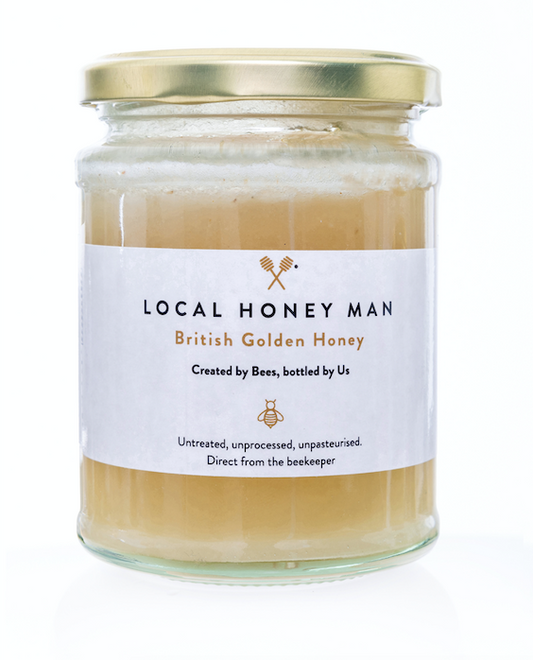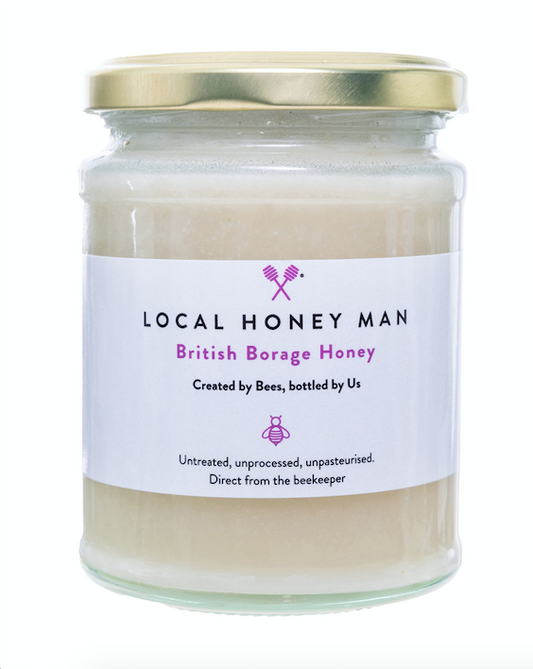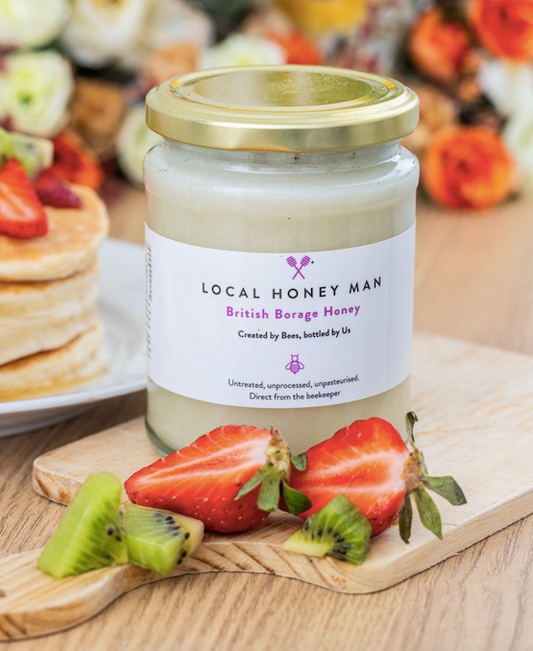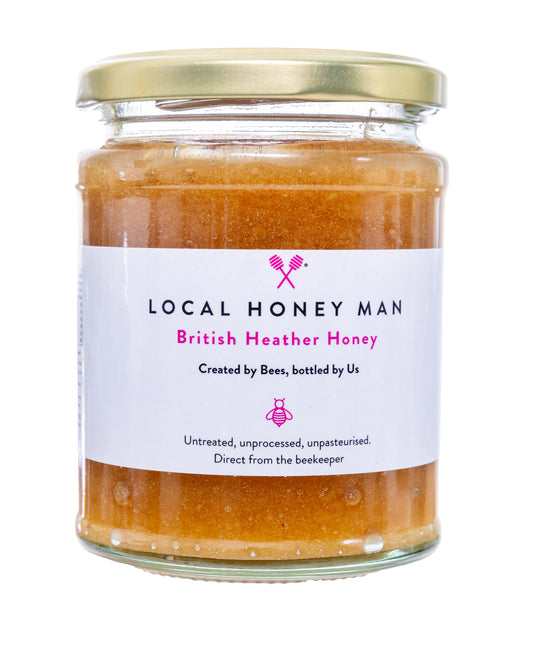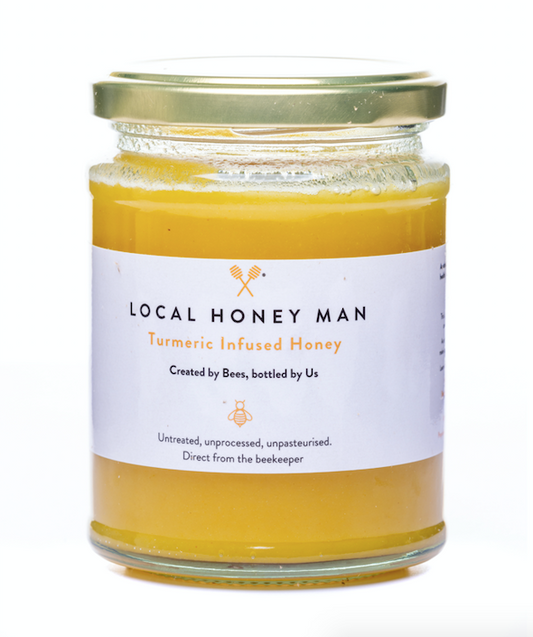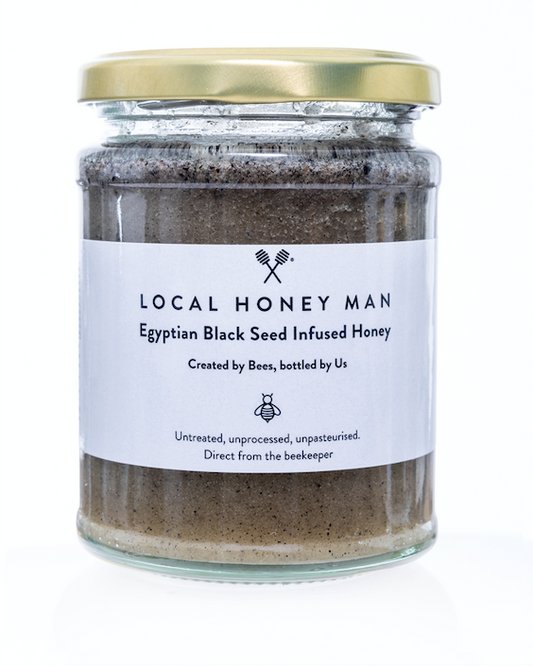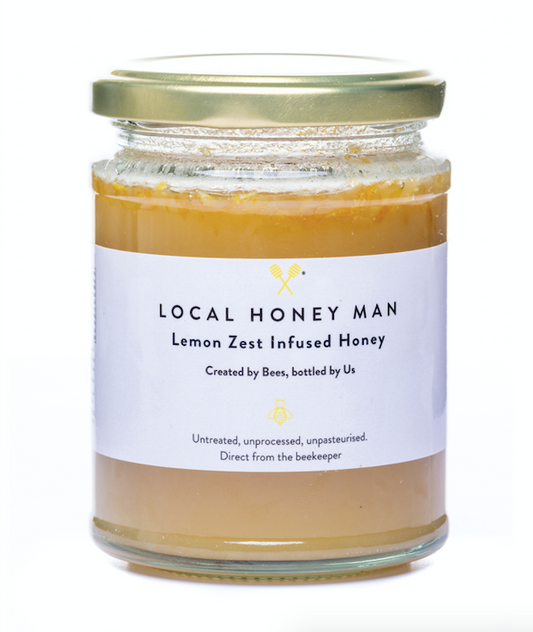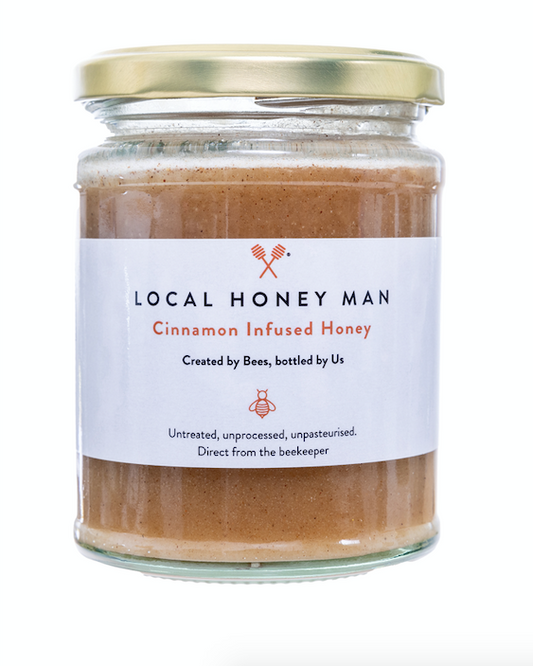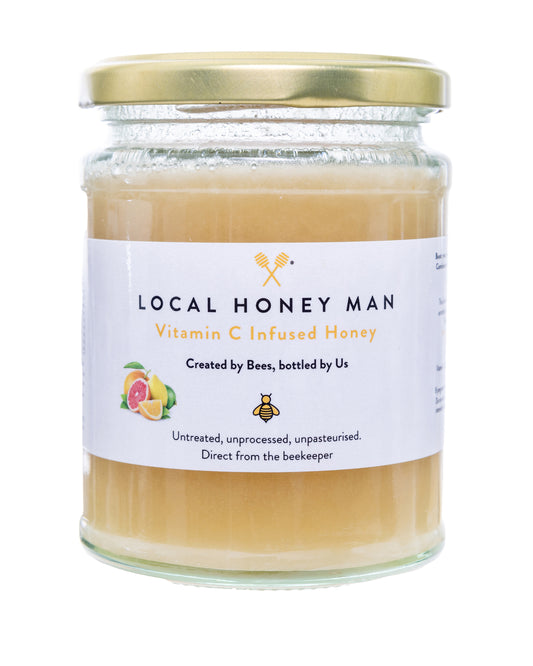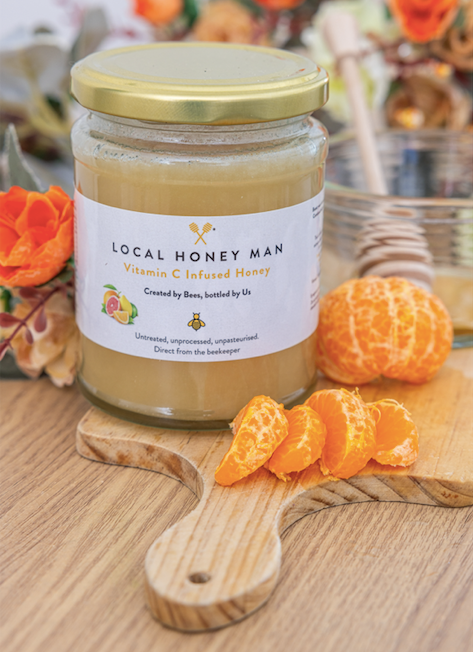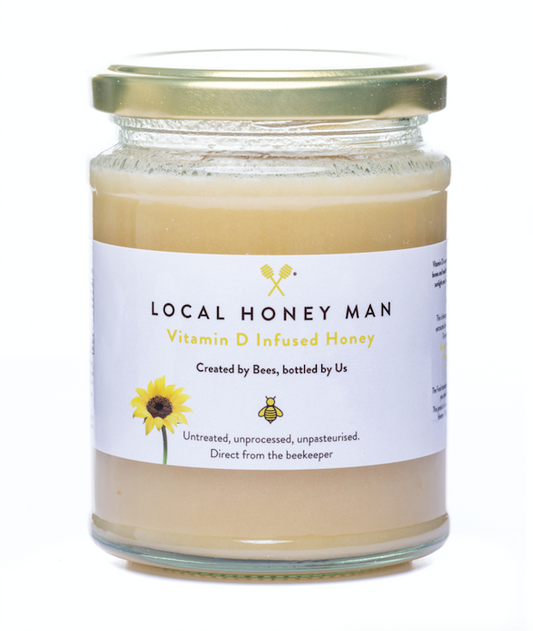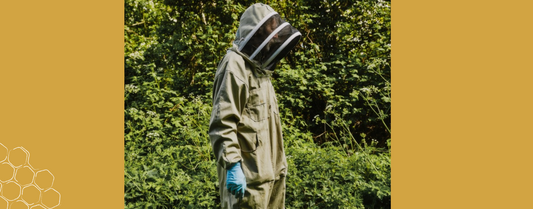RAW HONEY FROM LOCAL BEEHIVES
Hand Crafted - Raw Local Honey
Raw honey - Local Honey - 100% Pure & Unpasteurised - straight from your local hive to your table.
No additives, no nonsense, just premium raw local honey, just as nature intended! That’s the Local Honey Man way!
Honey Saves Hives. Every jar of delicious raw honey you buy from us helps us continue to protect and preserve the UK’s precious bee population.

